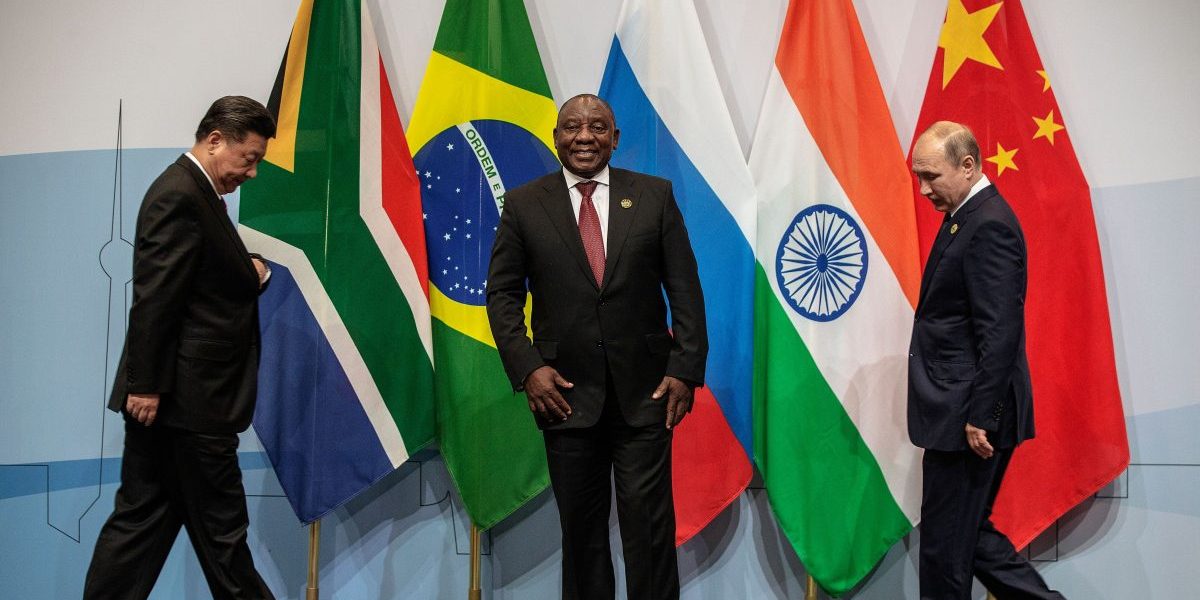Summary:
- Since 2000, China and Russia have established their standing as resurgent great powers in Africa.
- The expansion of China’s influence in Africa is undergirded by its economic might, exemplified by Beijing’s lead role in facilitating connectivity projects across the continent.
- Russia’s resurgence in Africa appears opportunistic, as Moscow has capitalised on state fragility and protracted conflicts to secure mining concessions and lucrative arms deals.
- Russia’s involvement in Africa is underpinned by a strategic pursuit of great power status. It has positioned itself as a crisis-proof partner for countries facing economic isolation and has deployed private military contractors to influence the trajectory of local conflicts in its favour.
- Although the Soviet Union and China were asymmetric rivals in Africa from the 1960s to the 1980s, the current Sino–Russian relationship is more cordial.
- Russia and China coordinate on challenging Western norms, eroding US-initiated unilateral sanctions and supporting non-interference in the internal affairs of states.
- Limited strategic coordination in the economic and security spheres and infrequent dialogue on regional conflicts suggest that Sino–Russian relations in Africa resemble a competitive partnership, which falls short of bilateral cooperation.








